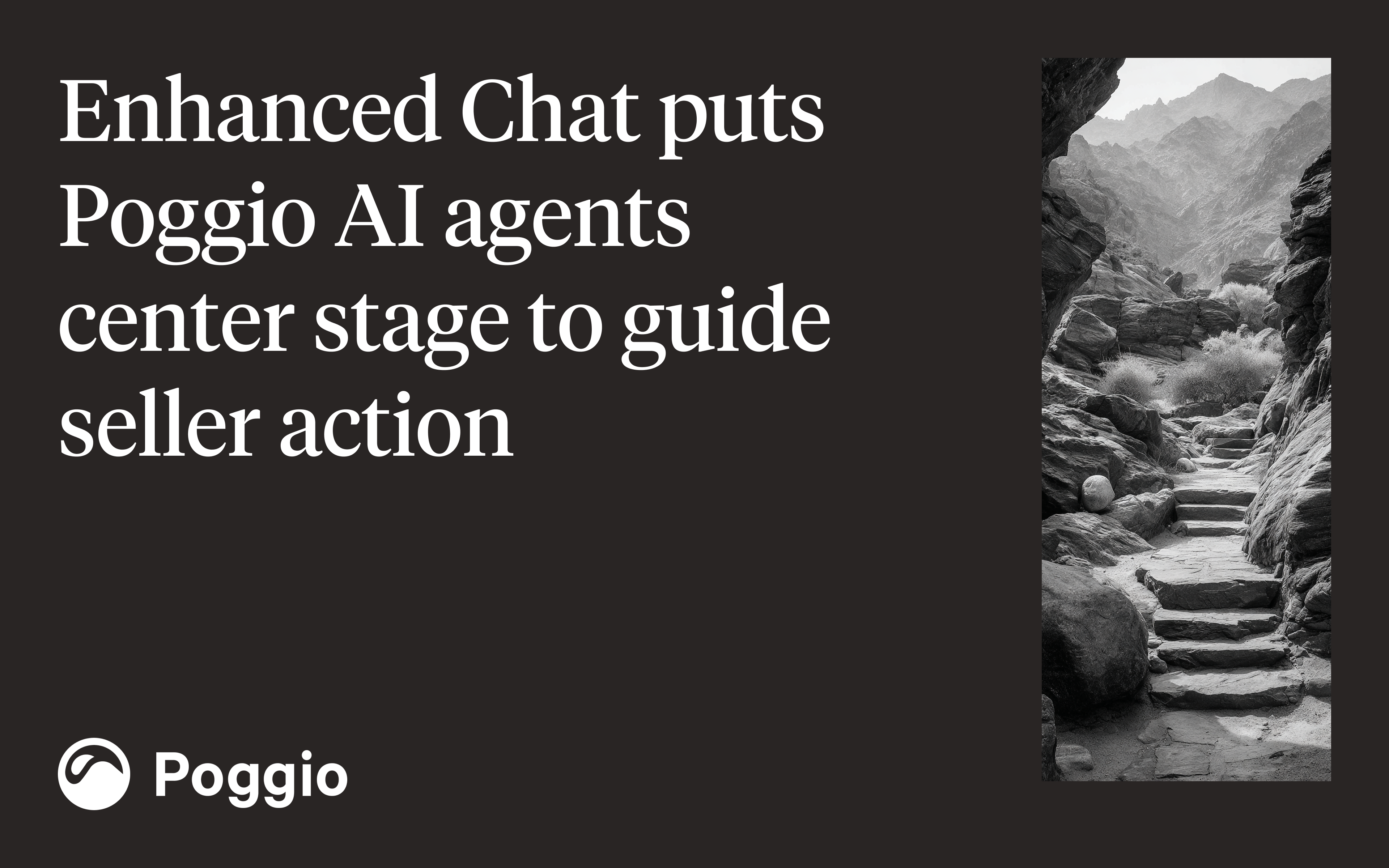Strategic sales AI implementation requires a fundamental shift from tactical automation to transformational intelligence. Organizations must move beyond viewing AI as a collection of tools to embracing it as a comprehensive capability that reshapes how revenue teams understand customers, predict behaviors, and optimize outcomes.
The foundation of strategic AI thinking lies in recognizing that successful tech deployment requires alignment between AI capabilities and business objectives. Leading organizations identify specific business challenges and revenue goals, then catalog and prioritize AI solutions that directly address both. They evaluate buy vs. build, looking to see if there are out-of-the box solutions available that solve their needs to achieve quicker wins.

They then pilot those solutions and gather feedback from users. They review the trial feedback and results to confirm the solution solves the stated business objectives and achieves the associated goals. With confirmation, they implement any learnings and course corrections, and scale the AI solution more broadly across the enterprise to achieve organization-wide value.
The most successful GTM teams take a holistic approach across people, process, and technology to deepen customer relationships—and value—rather than simply accelerating transactions. They develop AI literacy across their revenue teams while simultaneously implementing the data infrastructure, governance frameworks, and measurement systems necessary to support AI at scale. Their data strategy forms the cornerstone of AI-first transformation, including establishing robust data collection, integration, and governance to provide people, AI systems, and agents with the high-quality information necessary for success.
This includes not only traditional CRM data to provide the historical context of an account, but also driving to a single, trusted authority for an always current and relevant forward-looking view of those same accounts. Doing so provides a comprehensive understanding of every customer, where they’re trying to go, and how you can help them get there. It’s something that’s been missing until now, but achievable by enabling an AI-ready CRM.
As C-Suite leaders look to uncover the most promising AI for their teams, critical to success will be considering both the immediate impact of deploying Sales AI today and the long term value that comes with AI-powered business, GTM, and customer experience (CX) transformation. While today’s AI focus is primarily on automating work to make people more efficient and effective while freeing up their time to focus on higher priority and strategic work, the world where AI agents are selling and supporting customers alongside an organization’s people is fast approaching if not already here.
Organizations must be thinking not only about deploying transformational Sales AI in their businesses today, but also how, as part of that deployment, they build the foundation and pave the way for the AI agents of the future as a fast follow. Solving this for an organization’s human talent creates immediate competitive advantage while solving it for the modern AI era and coming influx of AI agents will prove existential to survival.
Next steps
Leading CROs are already deploying AI and achieving enterprise value, like to build org-wide competency around account intelligence to unlock value selling at scale. These CROs are enabling their teams with deep knowledge about customers—their priorities, needs, and challenges, and how they uniquely solve them—to ensure relevance at every stage of the customer lifecycle to drive both business and customer success today.
With ubiquitous access to this AI-enabled tailored point of view (POV) for each customer, GTM teams show up smarter than competitors, speak in the customer’s language, confidently lead with value, and attach to their top priority—to win. And customers win, too, with a consistent, world-class experience focused on their success in every interaction.
Revenue leaders looking to kickstart their organization’s journey to the AI-first enterprise can start a trial of Poggio to arm their GTM teams with tailored POVs to show up smarter than competitors and win.
If you are earlier in your AI journey, read our Guide: The Path to the AI-first Enterprise for Revenue Leaders to inform how you think about AI in your business—for your people today and for your people + AI agents in the near future. The Guide outlines use cases, benefits, myths, risks, and next steps—all to position CROs to seize the advantages of AI now while powering their journey to the AI-first enterprise.





